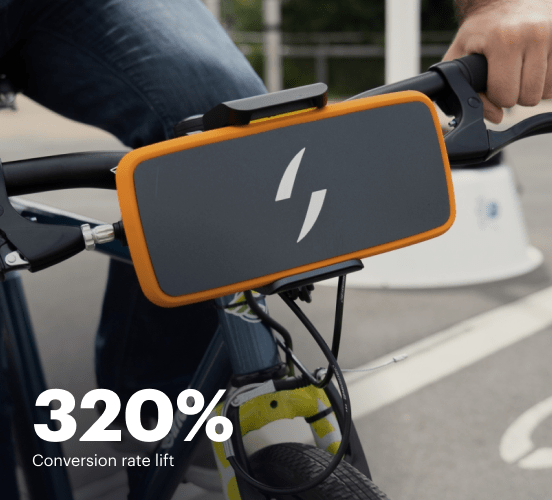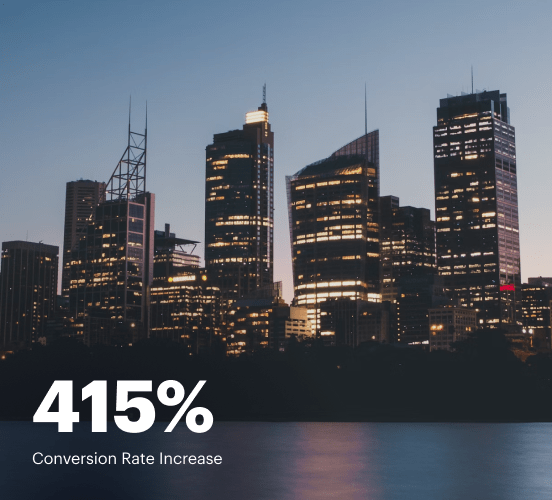WordPress vs. Adobe Target: the best platform for a seamless web experience
Discover how WordPress compares to Adobe Target regarding features and usability. Find out which platform provides the competitive advantage your business deserves.
Get startedSee how Instapage stacks up against the competition
| Feature | Instapage | Other builders |
| Drag-and-Drop Tools | ||
| Conversion-optimized templates | ||
| Manual and AI-powered A/B Tests | ||
| AI content suggestions | ||
| Popups and sticky bars | ||
| Canvas and grid blocks | ||
| Reusable and global elements | ||
| Form and popup builders | ||
| Built-in Heatmaps | ||
| Central analytics dashboard | ||
| Ad-to-page personalization and collections | ||
| Contacts, lists, and email | ||
| Dedicated, full-service CRO experts | ||
| Enterprise-ready platform |
Leading the way in building high-performing landing pages





Why Instapage is the smarter choice for your campaigns
Get everything you need to build, scale, and optimize high-converting landing pages—without coding.
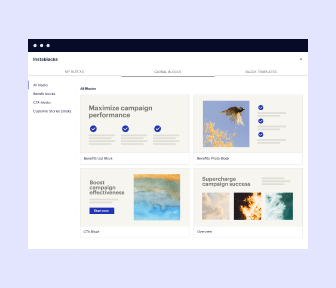
Easier page building without coding
Instapage offers a flexible and seamless page creation experience with a library of 500+ conversion-focused layouts, Instablocks®, a drag-and-drop builder, and AI content generation. With technologies like Thor Render Engine®, you can create on-brand, mobile-responsive landing pages that load quickly and start converting during initial visitor clicks.
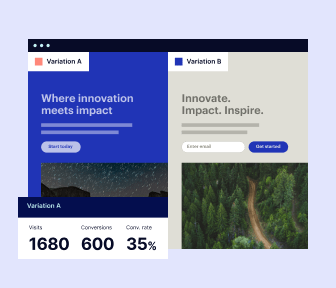
More insights — better results
Instapage lets you see in detail how each landing page experience and variation is performing so you can make targeted changes that boost page conversions. Use heatmaps for a better understanding of on-page activities, run A/B tests and AI-assisted experiments, and then track and evaluate results within robust analytics dashboards.
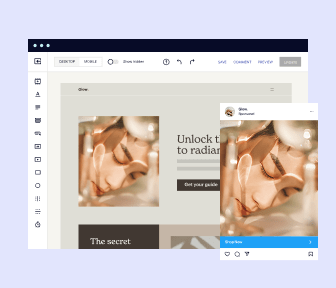
More personalized experiences
Instapage lets you quickly create high-performing landing pages tailored to each of your ad campaigns. Deliver personalized experiences for distinct audiences using dynamic text replacement. Effortlessly align specific advertisements to unique pages with AdMaps. Monitor audience-level metrics using our advanced data tools.
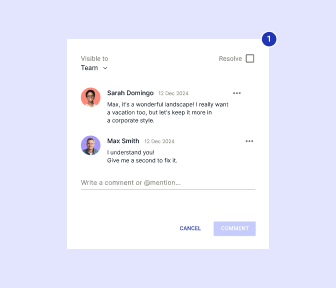
Built-in collaboration
Instapage collaboration capabilities bring your entire team together to speed up the process of landing page review, approval, and launch. No more frustrating and unnecessary revisions or edits scattered across emails. Provide instant feedback, conduct real-time page edits, and securely share your pages with outside stakeholders.
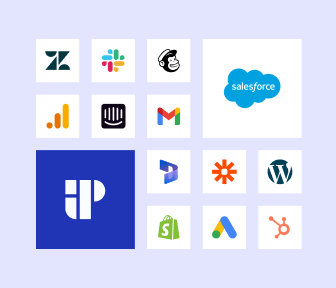
Free up time for your business
Invest time into business growth, not busy work. Launch landing pages faster with reusable forms and templates. Build once, reuse forever.
Explore all integrations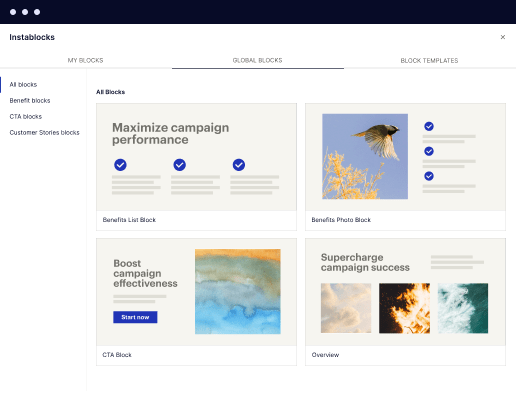
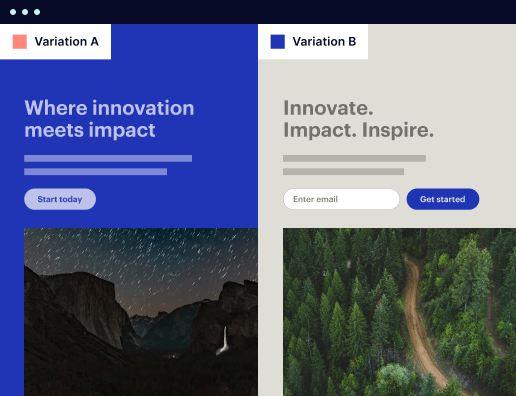
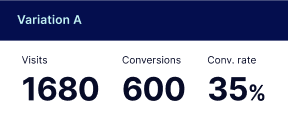
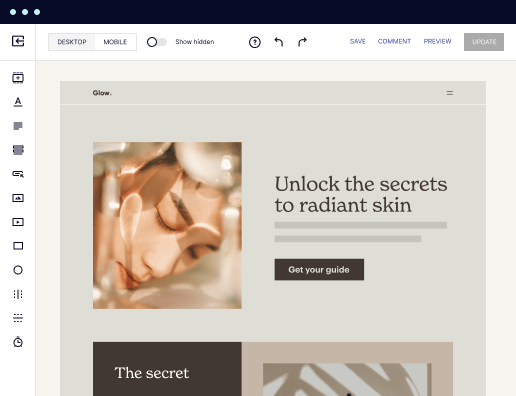

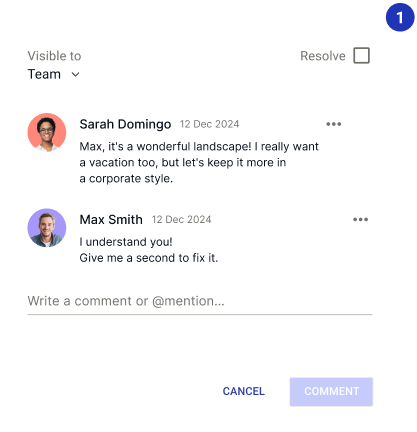
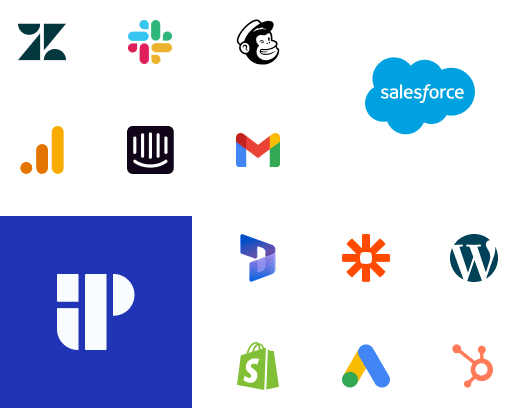
Easier page building without coding
Instapage offers a flexible and seamless page creation experience with a library of 500+ conversion-focused layouts, Instablocks®, a drag-and-drop builder, and AI content generation. With technologies like Thor Render Engine®, you can create on-brand, mobile-responsive landing pages that load quickly and start converting during initial visitor clicks.
More insights — better results
Instapage lets you see in detail how each landing page experience and variation is performing so you can make targeted changes that boost page conversions. Use heatmaps for a better understanding of on-page activities, run A/B tests and AI-assisted experiments, and then track and evaluate results within robust analytics dashboards.
More personalized experiences
Instapage lets you quickly create high-performing landing pages tailored to each of your ad campaigns. Deliver personalized experiences for distinct audiences using dynamic text replacement. Effortlessly align specific advertisements to unique pages with AdMaps. Monitor audience-level metrics using our advanced data tools.
Built-in collaboration
Instapage collaboration capabilities bring your entire team together to speed up the process of landing page review, approval, and launch. No more frustrating and unnecessary revisions or edits scattered across emails. Provide instant feedback, conduct real-time page edits, and securely share your pages with outside stakeholders.
Free up time for your business
Invest time into business growth, not busy work. Launch landing pages faster with reusable forms and templates. Build once, reuse forever.
Explore all integrationsGet started with Instapage in a few steps
-
Create your Instapage account
Start with Instapage by signing up via Google or your email. You'll get access to a free 14-day trial to discover Instapage capabilities. Feel free to cancel anytime during the 14-day trial if you decide that our product is not suitable for your business. -
Build and personalize your page
Create your first landing page from scratch or choose a template from 500+ customizable layouts. Use the drag-and-drop builder to add page elements, fonts, and backgrounds, refine content with AI, or add custom HTML, Javascript, and CSS. -
Review and make edits
Collaborate on page designs and streamline review processes. Invite your team members and stakeholders to review, edit, and provide feedback on your landing page. Collaborate knowing your page is confidential and only accessible to authorized users. -
Publish and track page performance
Publish your page to a domain or custom URL. Connect your pages to the ads you've created and track page performance within the analytics dashboard, run A/B tests and AI experiments, analyze results, and continuously optimize your landing page to maintain high conversions.
WordPress vs. Adobe Target: A Comprehensive Breakdown
As businesses look to enhance their digital presence, choosing the right platform can feel like wandering through a maze. With a plethora of options available, finding the best fit for your landing page needs is no easy task. Here, we pit WordPress, a beloved Content Management System (CMS), against Adobe Target, a leading personalization tool. This battle is not just about features, ease of use, or pricing, but also about which platform can truly deliver the best results. And let's not forget Instapage, which stands in the wings, ready to prove itself as a formidable player in this arena. With marketing trends evolving rapidly, staying ahead means adopting solutions that not only function well but also drive results. In this article, we'll dissect the strengths and weaknesses of these platforms, helping you inform your decision.
Introducing the Contenders
In the left corner, we have WordPress, the titan of website creation that powers over a third of all sites on the web. It's known for its extensive plugin ecosystem, customizable themes, and a community that has generated an endless array of resources and support. On the right, we present Adobe Target, a champion of personalization that allows brands to deliver tailored content to their audience in real-time. Adobe's deep analytics integrations empower marketers to harness data and make informed adjustments. Both of these platforms carry heavyweight reputations, but as we shine a light on their respective features, similarities, and differences, it will become evident that there’s more than just these two contenders in the ring. Instapage is ready to step forward as a serious alternative—particularly for businesses focused on landing pages and conversion optimization.
Battle Round: Feature Showdown
Let’s jump straight into the feature smackdown! WordPress comes packed with an arsenal of themes and plugins designed to cater to various functionalities. Customization is WordPress's forte, allowing users to craft a truly unique website. Adobe Target, on the other hand, is all about intelligence. With capabilities like A/B testing, automated personalizations, and advanced targeting, it sets a high bar for digital marketers. Each platform has built its reputation on these standout features, providing tools that marketers can deploy to capture attention and drive conversions. Don't forget about Instapage, the contestant snugly waiting backstage, known for its seamless landing page creation. As we sift through the details, it's clear that while WordPress and Adobe Target excel in their domains, Instapage is the dark horse that many may overlook.
Round 2: Usability Face-off
Let’s shine a spotlight on usability—an essential element for any platform. WordPress offers a user-friendly interface, making it a popular choice for newcomers to website creation. However, with its vast array of options, some find the learning curve akin to a steep mountain climb. Adobe Target, with its focus on marketers, delivers a straightforward user experience, but tapping into its full potential may require some technical know-how. The essence of usability becomes a learning journey rather than a simple path, and both platforms cater to audiences at different experience levels, ranging from novices to seasoned experts.
Highlights of WordPress Functions:
- Extensive library of themes and templates for customization
- Robust plugin ecosystem to add various functionalities
- User-friendly for content creation with a straightforward editor
- Strong community support with extensive documentation
- SEO-friendly features built-in and available through plugins
Key Features of Adobe Target:
- Advanced A/B testing and multivariate testing capabilities
- Real-time personalization based on user behavior
- Deep integration with analytics for actionable insights
- Automated recommendations to enhance user engagement
Common Ground: Features Both Platforms Share
- Robust analytics capabilities to assess performance
- Responsive design options that cater to mobile users
- Security measures to protect user data and privacy
- Customization options to align with brand identity
- Community resources for troubleshooting and tips
- Integration compatibility with various marketing tools
In the ring of digital marketing solutions, both WordPress and Adobe Target bring their strengths, yet there's a buzzing sense that Instapage might just be the finest challenger they face. With its laser focus on conversion optimization, Instapage could very well rise to the occasion, giving both giants a run for their money.
Round 3: Performance Showdown
Performance is a primary concern for marketers, as slow-loading pages can frustrate users faster than a stale joke at a party. WordPress users need to be vigilant about site speed which can be impacted by hosting and the number of plugins utilized. Additionally, many plugins may introduce bloat if not managed carefully. Meanwhile, Adobe Target supports dynamic personalization but relies on detailed data access, which may add to loading times during peak traffic. Just like nobody has patience for a snail’s pace, users expect quick experiences on mobile devices. In the battle of performance, it’s essential to evaluate both platforms to see which can deliver lightning-fast user experiences without sacrificing quality.
Round 4: Support System Rundown
Let’s examine the support mechanisms each platform offers. WordPress benefits from a vast community of developers and users, providing ample resources including forums, tutorials, and documentation. However, actual support can be hit or miss. Adobe Target users enjoy direct access to support teams and customer resources due to its enterprise-level service approach, making troubleshooting a bit more streamlined. This dichotomy creates an interesting dynamic where WordPress may offer community-driven help at any time, while Adobe provides structured support for businesses looking to delve deeper before making a decision.
Round 5: The Pricing Dilemma
Advantages of WordPress Pricing Model:
- Typically low-cost or free core platform with hosted options
- Wide selection of affordable themes and plugins
- Flexibility in hosting choices leads to varied price points
- No ongoing fees tied to using the software itself
Advantages of Adobe Target Pricing Structure:
- Robust features justified by its enterprise-level pricing
- Access to premium support and training resources
- Scalability options suitable for growing businesses
- High-quality personalization features endorsed by many brands
- Comprehensive analytics tools included in the pricing
In evaluating their pricing strategies, it’s evident that WordPress offers great flexibility for those on a budget, while Adobe Target aligns itself with businesses prepared to invest for extensive features. But hold on, Instapage enters the scene with its straightforward pricing tiers that cater to varying needs, delivering excellent value for money. It proves that businesses can achieve quality without spiraling costs.
When considering costs, it’s crucial to understand what’s included in each pricing plan. Though WordPress may present itself as an economical choice up front, costs can accumulate with hosting, premium plugins, and themes. Adobe's pricing reflects its premium services, justifying the investment with its high-caliber offerings.
Introducing Instapage in the Equation...
As the dust settles, let’s shed light on Instapage. This platform serves as the experienced mentor in digital marketing, analyzing both competitors while offering its distinct advantages. Instapage is celebrated for its exceptional landing page builder, easy-to-navigate templates, and conversion-centered approach. Unlike other solutions, it focuses solely on maximizing conversion rates, ensuring that businesses can invest their efforts effectively. Instapage empowers marketers to create and optimize landing pages that can significantly impact conversion metrics, often outperforming what WordPress and Adobe Target may provide when it comes to specific landing page initiatives. Those looking to not just build a web presence but actively drive results may find Instapage to be the unmatched ally they've overlooked.
As we bring this comparative analysis to a close, it's vital to highlight the power of making informed decisions. Each platform has unique offerings that can benefit different business models. By aligning your marketing strategy with your goals, the right choice can elevate your business to remarkable heights. Consider exploring the solutions offered by Instapage, an option that might just be the equilibrium you've been searching for in an ever-changing digital landscape.

